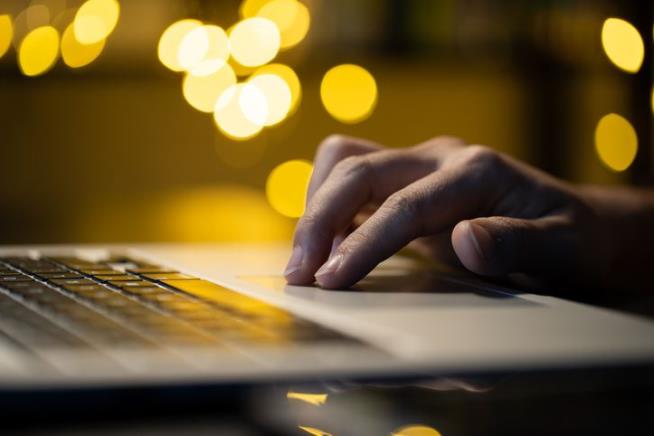Modern Workers, Welcome to the 'Triple Peak Day'

https://img2-azrcdn.newser.com/image/1407033-11-20220405151406-microsoft-coins-new-term-modern-work-hours.jpeg
Once upon a time, white-collar workers went to the office and had two predictable peaks of productivity—just before lunch and just after lunch.
Two years after the pandemic upended our world, Microsoft has detected a third burst of activity, this time at night.
In a blog post, its researchers say modern workers now have what they call a "triple peak day." Or some of them do, anyway: The third peak is nowhere near as robust as the first two peaks, and it applies to maybe 30% of workers, per a post at ExtremeTech.
Still, the bump is unmistakable, and while it's most pronounced between 6pm and 8pm, it continues through the night.
As Derek Thompson writes at the Atlantic, the Microsoft graph suggests that roughly the same number of people are working at 10pm as at 8am. (For its study, Microsoft tracked "keyboard events" of participants and extrapolated.)
Coverage of the study digs into the familiar reasons—people taking advantage of more flexible schedules to log on, perhaps after the children are put to bed. But it also explores the downside of work hours blurring into traditional nonwork hours.
In Thompson's view, it's proof we need a "deeper theory of work and time." Modern managers must do a better job of figuring out the balance between requiring employees to be "present" together at certain times (for a Zoom meeting, say) and being allowed to work independently.
"Our late-night mini workdays are not just an expression of benign flexibility," writes Thompson. "They’re also the consequence of inflexible managers filling the day with so many meetings that we have to add a 'worknight' to do our job."
QUESTIONS:
1) What were the conventional peaks of productivity for the office workers before?
2) What is the triple peak day? What does its existence mean for the employees during the pandemic?
3) Why do many workers feel the necessity to work before bedtime? What did they have to say about inflexible managers?
4) Do you think the triple peak day applies to Korean workers in general? Why or why not?
5) Personally, do you interpret this added productivity peak as a 'necessary evil?' Justify your stance.
VOCABULARY:
triple peak day - the third productivity peak in a workday before bed time
